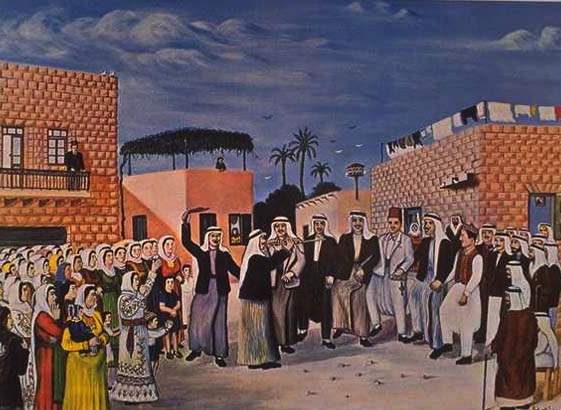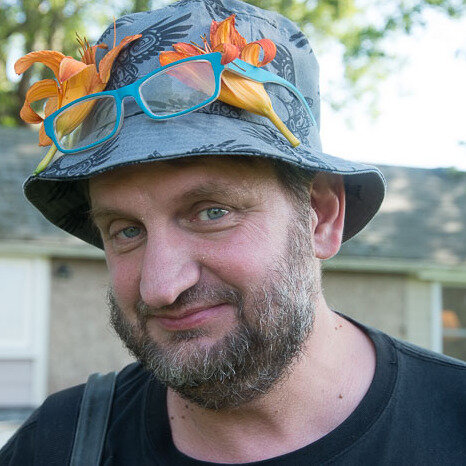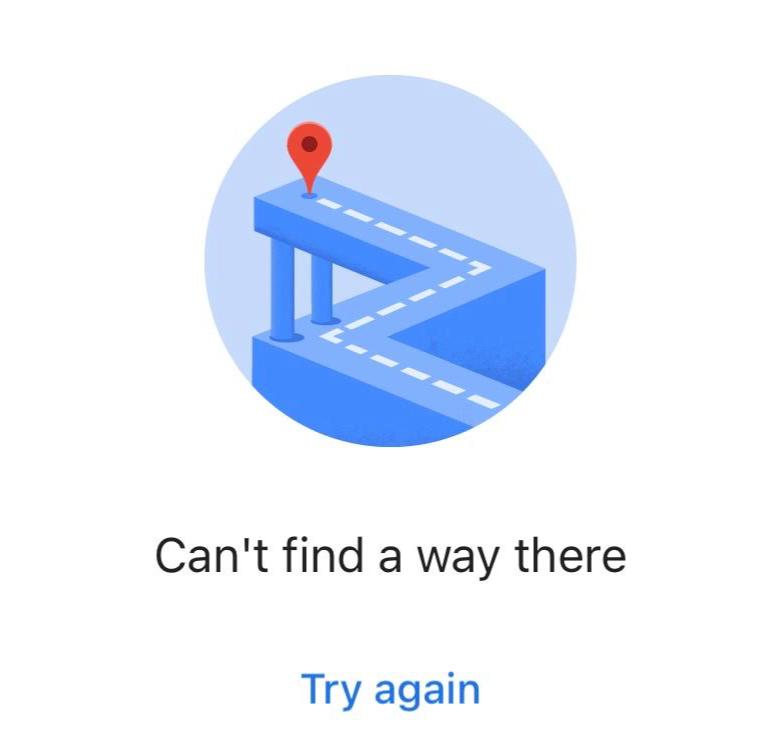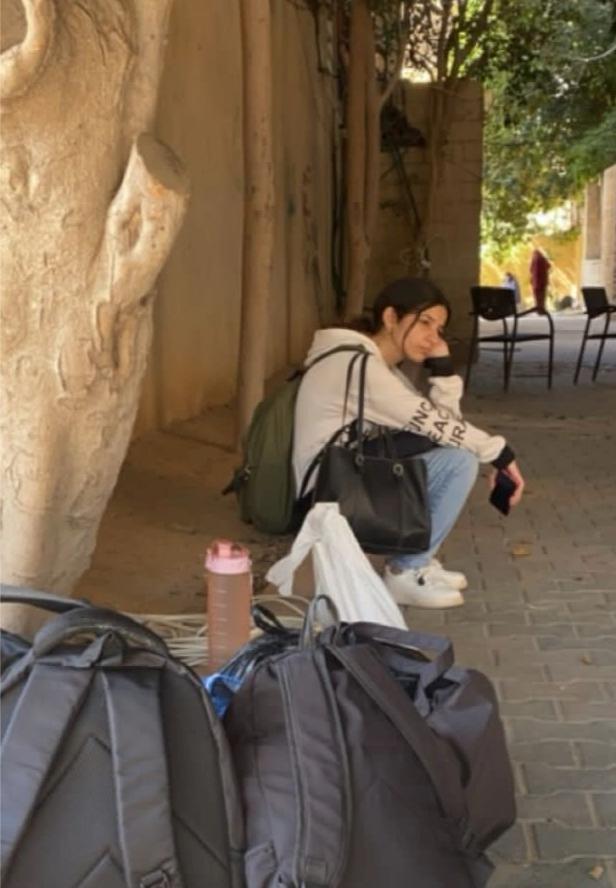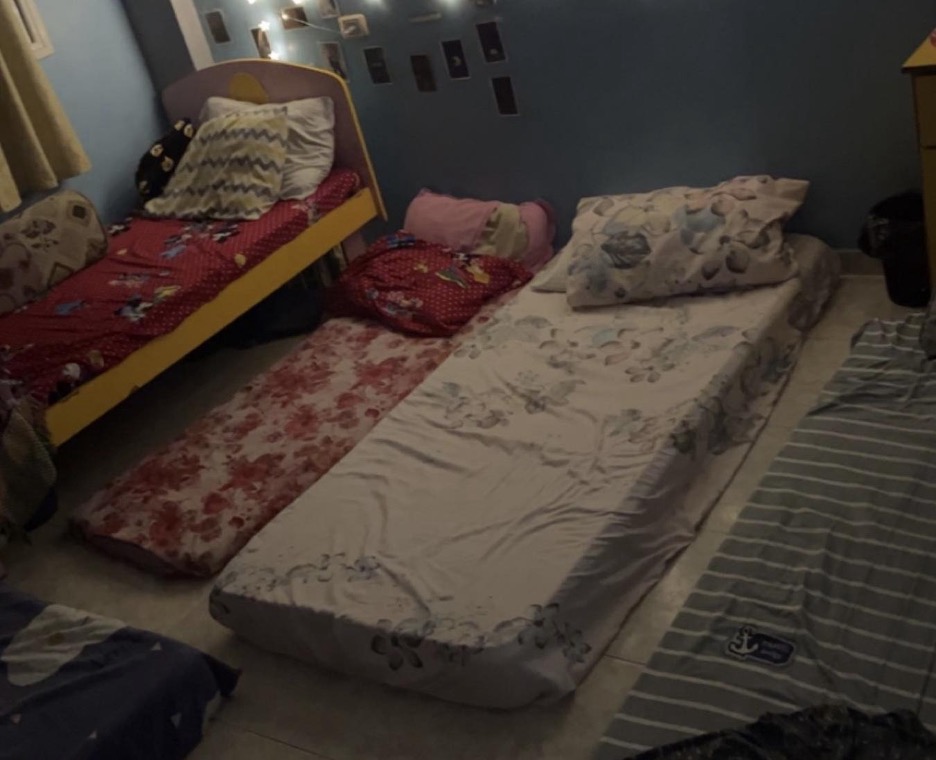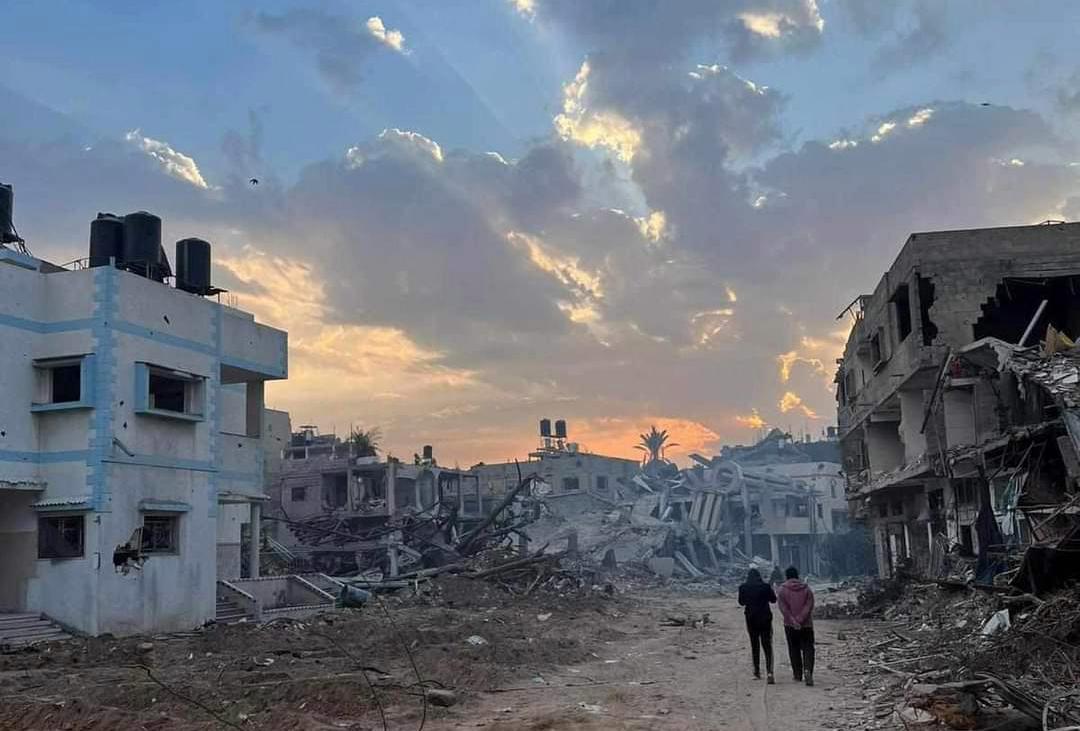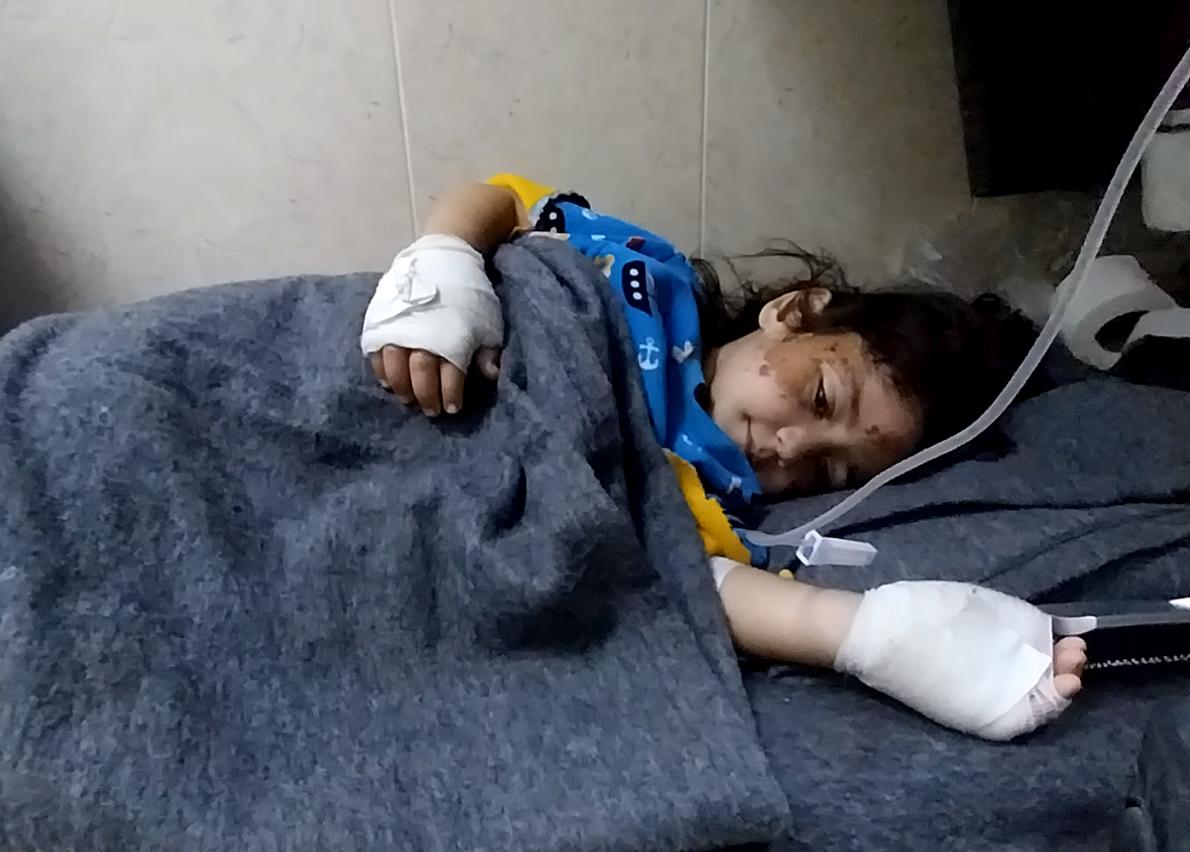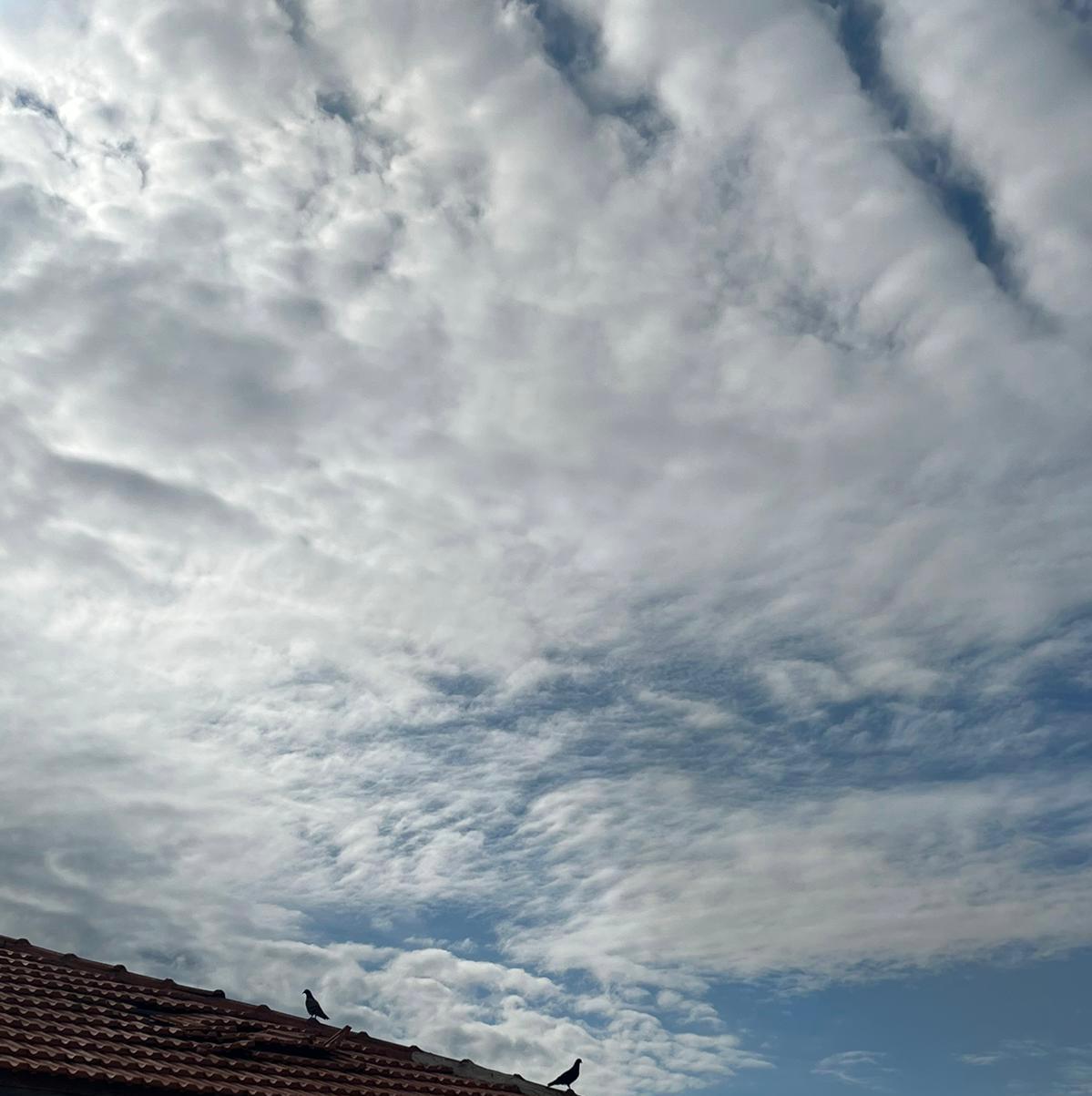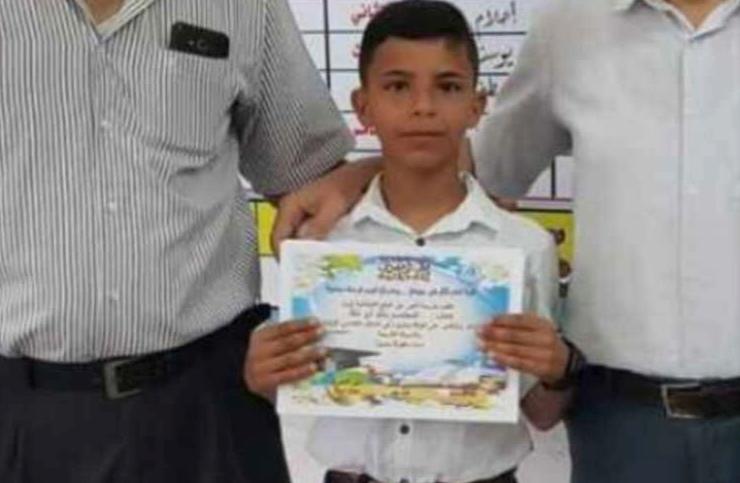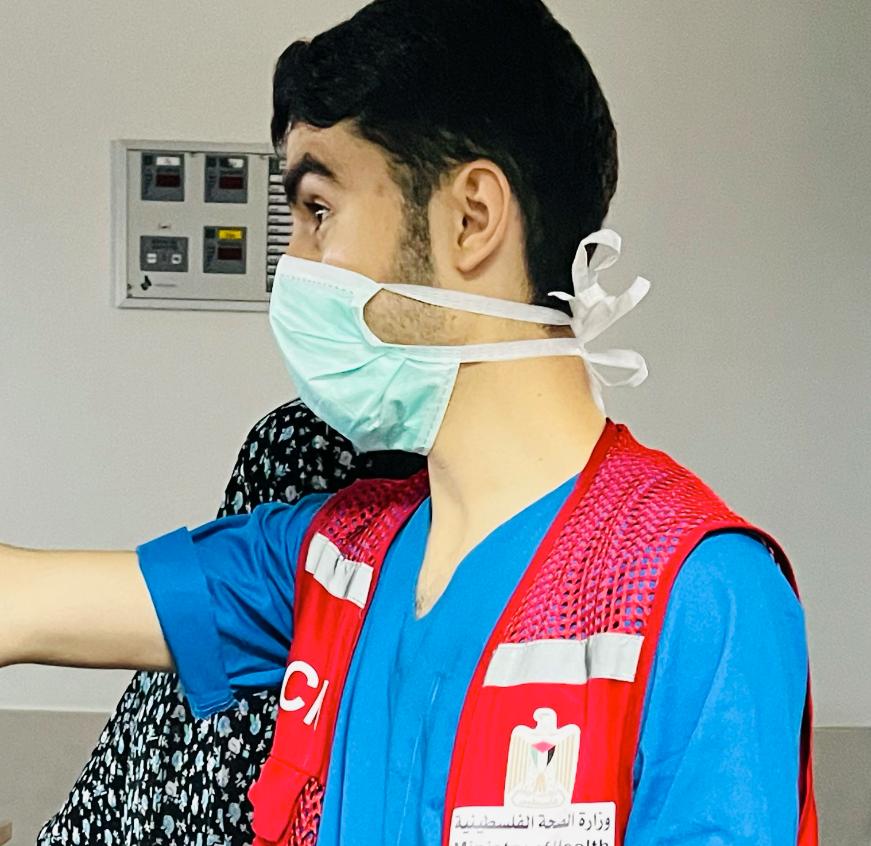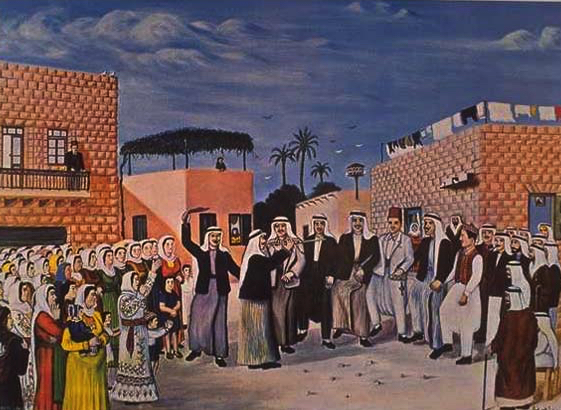
A revelatory conversation about a photo from my parents’ wedding came on a day when I was exhausted from my previous night’s work. I had been watching news of the fires engulfing the forests of the south in Lebanon very close to where I live and threatening nearby compounds. My work in news editing forces me to stay up late during such urgent events. Also that day, I had to present research about ethical values in my journalism course on campus, so I was very tired when I finally hurried home.
The next morning, I discovered one photo among the old photographs in a room of our home that echoes with stories of individual lives interwoven into a family tapestry. It was the photo of my parents’ wedding. Its edges had gently curled with age.
It’s more than just an image, as my dad said. It’s a testament of the love they still share. His eyes spoke louder than words.
“It is a timeless moment,” my mom noted. “We had to wait five years to take this photo.”
As if traveling in time, we were transported to that momentous event.
My parents were each just twenty years old when they met at their university, but they were strong enough to fight for their dream of becoming a family, our family. They had to convince their families to accept their choice at a time when marrying for love was not accepted. Twenty-one years ago, Arab society didn’t recognize love as a reason for marriage—or rather, it considered that love should be a secret between the two lovers only. It was expected that families should participate in choosing a partner, either the bride or the groom, and they should even set conditions on who the partner could be.
My parents insisted on breaking these rules. They chose each other and, after a long series of conflicts, united both families with their love. My eighty-year-old grandma told me the beautiful truth about them: “Palestine taught them to be brave when they take up a vital issue. Be like your parents!”
Shared smiles turned to gentle tears as our collective journey through their wedding photo evoked a profound sense of connection between us. My parents’ words captured the very essence of their relationship. They happily shared stories about the obstacles that delayed their engagement for five years.
“Challenges are evidence for true love,” my mother said proudly as she explained that they couldn’t find space in the Palestinian refugee camp for a new house. They spent tough years with limited finances, struggling desperately to afford a home outside the camp. My dad didn’t find a job for two years, but then finally was hired by the United Nations Relief and Works Agency (UNRWA) school. This reflects another nightmare for Palestinians in Lebanon: they are subject to restrictions on employment and often require work permits that can be difficult to obtain, in order to work as a lawyer or a journalist. This is in addition to limited access to job opportunities for everyone due to the serious economic situation in Lebanon.
My mother also found work as an English teacher in an UNRWA school, and she and my father finally saved up enough money. They rented the house that I was born in, which had to be registered in the name of a Lebanese owner.
The most significant lesson I’ve learned from my mother’s eyes, which are bright when she talks about their story, is that love can really motivate us to persevere through difficulties. “It is the sense of purpose that pushes us. Our families lived through one Nakba. If your dad and I were not together now, it would be like a second catastrophe for me.”
Their happiness was more than a fleeting emotion; it became the foundation of the life they built together. As they described the tender moments leading to their wedding ceremony, I silently realized that we were embarking on a journey into their past together.
My dad enjoyed telling us about the pre-wedding customs. Firstly, he told us about zaffa, a party involving the groom, his family, and friends where they dance and sing in the streets of the camp, accompanied by traditional songs like “Ya Zarifa Altol.”
In keeping with Palestinian traditions, my father and his male relatives dressed in typical Palestinian attire including a thobe, or long embroidered robe, and kuffiyeh, a traditional scarf.
The story becomes more beautiful when it comes to Palestinian food at weddings. It is not only about traditional dishes like maqluba and mansaf, but also the warm atmosphere created as family members and friends share in cooking and serving.
Like the wedding preparation for men, Palestinian weddings are rich in special traditions for women, also. The henna night, a pre-wedding party for women, was the most meaningful event for my mom. The bride and her friends gathered to apply henna designs on their hands and feet. My mother’s henna party was full of dance and Palestinian sweets like tamreyya and namoura that my grandmother prepared. She is proud of the delicious sweets she served!
Concerning the wedding dress, my mother’s old photo show that hers had intricate embroidery. The most beautiful surprise about this dress was that it was embroidered with threads that came from Yafa (Jaffa). These threads show that we are always connected to Palestine. Even two generations after the Nakba, my grandmother kept the threads to make my mother’s dress. My sister and I can only wish to have a wedding dress like my mother’s!
Loving touches are also present in the gifts that guests bring to the bride, especially jewelry. My mom still keeps most of her gifts with my father’s kuffiyeh, as the guardians of their happiness and blessings.
The pre-wedding rituals ended with the large wedding ceremony at which bride and groom meet. “As I stood beside your beloved mom, the world seemed to fade away, leaving only the two of us in a bubble of shared emotions,” my dad said happily.
It was the unforgettable night where they had their first dance together. As they held each other and moved with the music, their love story was beautifully choreographed. It was a chapter that began with a dance but unfolded into a lifetime of challenges and mainly love.
Their final party was held in a large venue, as was expected for them because of the huge number of relatives they have. My grandfather always says that there were not enough chairs for everyone to sit. Dabkeh, the traditional Palestinian dance, still takes center stage at weddings, even Palestinian weddings in Lebanon. This is evidence that the traditional customs and meaningful rituals rooted in Palestinian culture can cross boundaries.
As I looked with my parents at their wedding photo and traveled back to the past with them, the weight of my exhaustion melted away. The world’s demands faded into the background. I could truly exhale, because I had learned that Palestine is still alive in customs that showcase heritage and maintain a sense of cultural identity. The love of family is the unbreakable thread that weaves together our most cherished memories and supports us through every chapter of our life as Palestinians in Lebanon.


